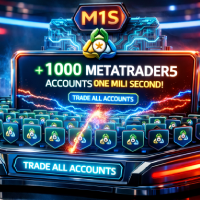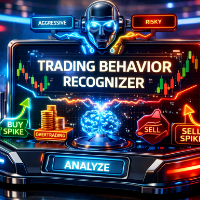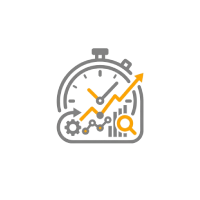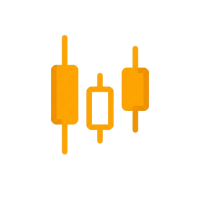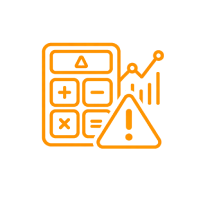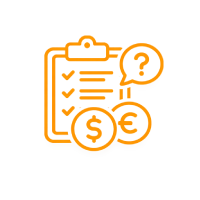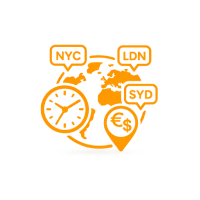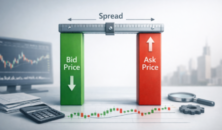- Standard Forex Account: A Popular Choice for Professionals
- Micro Forex Account: Ideal for Beginners
- Cent Account in Forex Trading: Low-Risk Learning
- Zero Spread Forex Account: For Cost-Conscious Traders
- Islamic Forex Account: Sharia-Compliant Trading
- Pro Forex Account: Advanced Tools for Experts
- Tips for Choosing the Right Forex Account
- Conclusion: Choosing the Right Forex Account
The Forex market, as one of the largest financial markets in the world, offers numerous opportunities for traders. However, before entering this market, selecting the right Forex account is crucial. Brokers provide various Forex account types tailored to the needs of different traders. This article explores the main types of Forex accounts and helps you choose the most suitable one for your trading style.
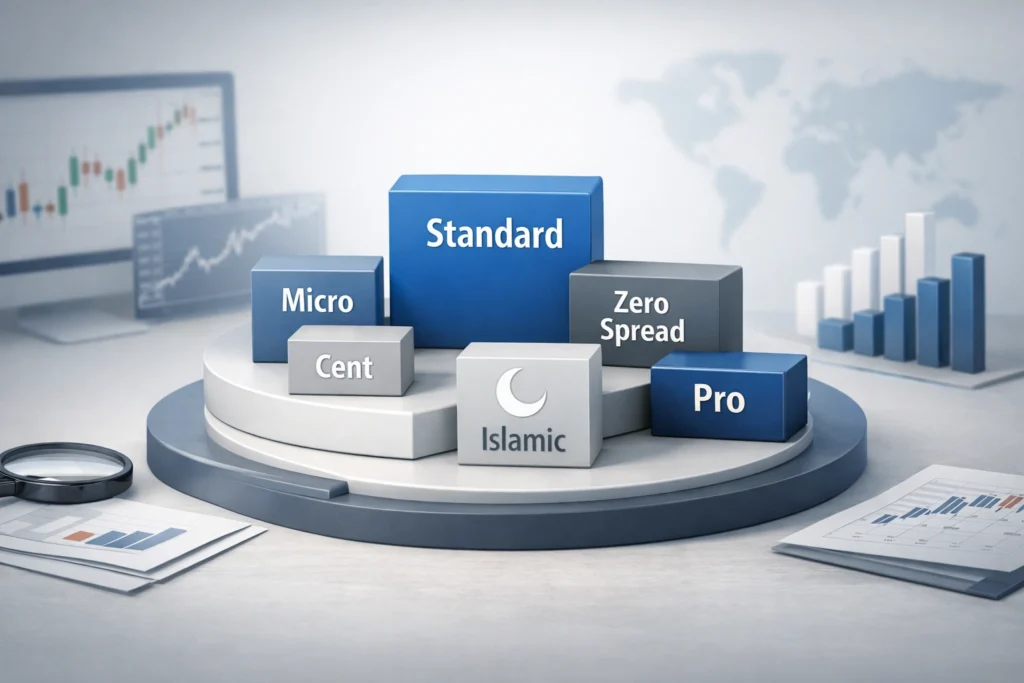
Standard Forex Account: A Popular Choice for Professionals
The standard Forex account is one of the most widely used types of accounts, suitable for professional traders.
- Features:
- Standard trading volume (1 lot equals 100,000 units of the base currency).
- Variable spreads, usually low.
- Access to advanced trading tools and platforms.
- Advantages:
- High profit potential.
- Suitable for experienced traders.
- Disadvantages:
- Higher initial deposit required (typically $500–$1,000 or more).
- Higher risk due to larger trade volumes.
Micro Forex Account: Ideal for Beginners
The micro Forex account is designed for new traders who want to start trading with a smaller investment.
- Features:
- Smaller trade volume (1 lot equals 1,000 units of the base currency).
- Variable spreads, slightly higher than standard accounts.
- Advantages:
- Low initial deposit (starting at $10).
- Lower risk compared to standard accounts.
- Perfect for learning and testing strategies.
- Disadvantages:
- Lower profit potential due to smaller trade sizes.
Cent Account in Forex Trading: Low-Risk Learning
The cent account operates similarly to the micro account but uses cents as the base currency unit instead of dollars.
- Features:
- Suitable for beginner traders.
- Account balance displayed in cents.
- Advantages:
- Minimal risk for new traders.
- Great for learning Forex fundamentals with minimal investment.
- Disadvantages:
- Limited profit potential.
- Not suitable for large or serious trades.
Zero Spread Forex Account: For Cost-Conscious Traders
The zero spread Forex account features zero or near-zero spreads, with brokers typically charging a fixed commission.
- Features:
- Ideal for scalping and day trading.
- Transparent cost structure.
- Advantages:
- Lower trading costs.
- Perfect for strategies requiring quick entry and exit.
- Disadvantages:
- Higher initial deposit requirement.
- Fixed commission for each trade.
Islamic Forex Account: Sharia-Compliant Trading
The Islamic Forex account is tailored for traders adhering to Sharia law.
- Features:
- Swap-free (no overnight interest).
- Similar conditions to other account types.
- Advantages:
- Suitable for traders avoiding overnight interest.
- Disadvantages:
- May have slightly higher spreads or additional charges.
Pro Forex Account: Advanced Tools for Experts
The pro Forex account is designed for experienced and professional traders.
- Features:
- Extremely low spreads.
- Access to advanced trading tools and conditions.
- Advantages:
- Reduced trading costs.
- Ideal for large-scale and professional trades.
- Disadvantages:
- Requires a high initial deposit.
- Complexity may overwhelm beginners.
Tips for Choosing the Right Forex Account
- Experience Level: Beginners should start with micro or cent accounts.
- Initial Investment: The amount of capital you plan to invest determines the type of account.
- Trading Style: For scalping or short-term trading, zero spread or pro accounts work best.
- Personal Financial Rules: If you need an Islamic account, confirm its availability with your broker.
Conclusion: Choosing the Right Forex Account
The various types of Forex accounts cater to the diverse needs and experience levels of traders. Choosing the right Forex account depends on factors such as experience level, trading style, and capital. With the correct choice, you can reduce risks and maximize opportunities in this volatile market.

